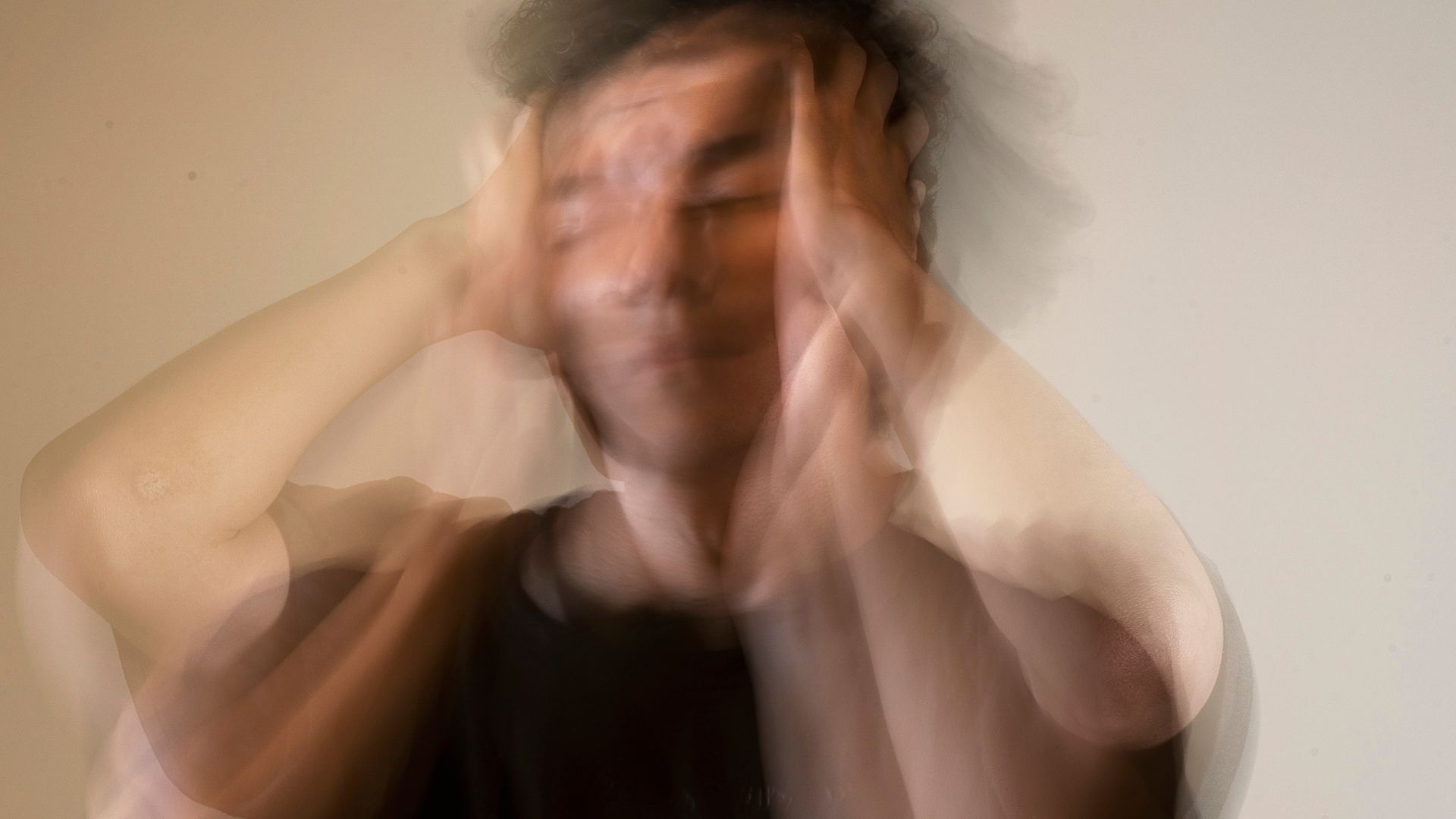Trauma

Through personal and professional experience, I have seen how trauma can affect people. In a life before psychology, I was a Basic Life Support Medic. I saw how individuals respond to awful things happening. I also saw how colleagues and friends of mine were affected by the things they saw.
What is Trauma?
Trauma may be described as emotional or behavioural response to an event(s) that was experienced as traumatic. I quite like that definition- let me explain why. Trauma is often associated with things like a hijacking, being in a car accident, a natural disaster or sudden loss of a loved one. But trauma is subjective. What may be a trauma for one individual, may not be for another individual. In other words, events are experienced differently by different people. An experience that may be traumatic for me, may not be the same experience for you.
Trauma is not always a single event. It can occur over a long duration; such as violence in a relationship. In fact, the idea of trauma can be applied across generations as intergenerational trauma. Intergenerational trauma is the transmission of trauma from one generation to the next. This is often spoken about in the context of war, where a parent or grandparent who survived a war passes on trauma to younger generations.
Vicarious or indirect experiences can also lead to trauma, especially when one sees these again and again. For example, paramedics under continuous exposure to medical emergencies.
Who Experiences Trauma?
Even though trauma is subjective, there are some experiences/events that are often experienced as traumatic. For example: being a victim of or witnessing crime, mental and physical abuse or violence, life threatening events (eg. car accident, heart attacks) and more. Unfortunately, trauma is quite a common experience in South Africa.
What are the Effects of Trauma?
As already mentioned, trauma may affect people differently. The effects of trauma may include emotions (such as fear), change in thoughts (such as distrust), and/or behavioural change (eg: changing habits or routines). Trauma can even cause physical symptoms such as sleep problems, fatigue, headaches and/or appetite changes. Many studies have even found changes in neuro-endocrine function, and also changes seen on functional MRI scans following traumas.
“An abnormal reaction to an abnormal situation is normal behaviour” -Viktor Frankl
For many people, time heals all wounds. After a scary experience, symptoms may dissipate after a few days- depending on the severity of the experience. However, this is not always the case.
Post-Traumatic Stress Disorder (PTSD) is a disorder following trauma often spoken about by people/society. PTSD may involve symptoms such as feeling like the event is happening again; changes in our emotions; changes in our thoughts; and even changes on our bodies. These effects make it difficult for an individual to cope, and are prolonged. As always, this blog is not meant to diagnose or offer medical advice. Here, we discuss psychological concepts and perhaps let you get a better idea of what I do here at Thrive.
How Can I get Help?
There are several options for someone who has experienced a trauma. Following a recent trauma, if one is not coping, or has experienced a significant trauma, one may consider debriefing. Psychological debriefing usually happens soon after a traumatic event and aims to try ease symptoms before they develop/worsen.
If one experiences lasting and/or profound effects after a trauma, psychotherapy may be needed. Through psychotherapy, the trauma events can be worked through and processed in a safe therapeutic space. There are several different approaches that are used with trauma. I believe CBT can be very valuable after trauma—however this also depends on the person. Therapy is not a one-size-fits-all type of thing. In other words, some individuals may resonate with different methods. My colleagues make use of Eye Movement Desensitization and Reprocessing (EMDR) for trauma.
As mentioned, I worked on ambulances for years. This led me to want to help paramedics who have been affected by trauma. This passion of mine now extends towards many different individuals and career, for example Doctors and Veterinarians, who can be affected by what they experience.
Should you be concerned or wish to learn more about trauma and healing from trauma, please get in touch with us at Thrive. Should you want to learn more about what services I offer, you are also welcome to get in touch.
Ps: On previous blogs I have recommended some interesting books, I thought I may keep doing that. A great book that I really enjoyed about trauma is The Body Keeps the Score by Bessel van der Kolk.
-Steve
